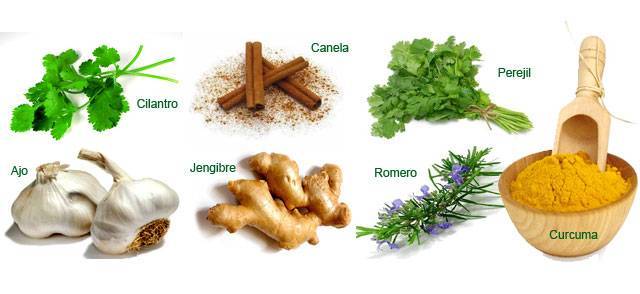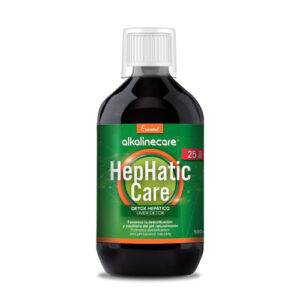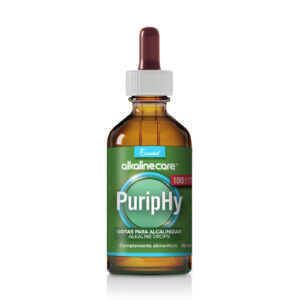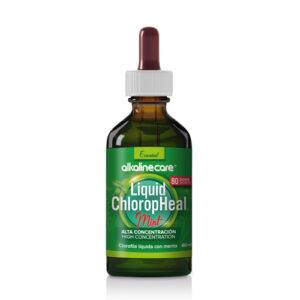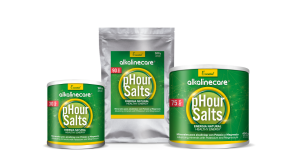The main reason to include herbs and spices in your diet is their high content of phytochemicals. Phytochemicals are powerful complex substances found in high concentrations in many herbs and spices. Reduce acids and improve your health by consuming herbs and spices.
Reduce acids and improve your health by consuming herbs and spices
Spices are plant-based elements used both to season and preserve food. Known for their aromatic properties, spices have played an essential role in the gastronomy of many societies throughout history. While a large percentage of spices known today originate in Asia, others come from the Mediterranean and the Americas. Beyond their widespread culinary use, spices have also been employed in medicine and cosmetics thanks to their wide range of properties and benefits.
Cinnamon
Cinnamon helps the body buffer acidifying glucose and reduces the need to produce acid-bound cholesterol, protecting against coronary diseases and diabetes. Additionally, cinnamon may aid in weight loss by reducing acids produced by metabolism and diet.
Cilantro
Like other dark leafy vegetables, cilantro is rich in vitamin A, vitamin K, and beta-carotenes. Studies have also found it contains a natural antibiotic more effective than prescription antibiotics in buffering acids and biologically transforming Salmonella bacteria.
Garlic
The ancient Egyptians used garlic to treat heart diseases. Modern science has identified it as a potent antioxidant that reduces metabolic and dietary acids, making it an effective antithrombotic agent.
Ginger
Ginger is a powerful anti-inflammatory that combats metabolic and dietary acids causing inflammation. It also alleviates nausea caused by motion sickness, morning sickness, and postoperative recovery—all conditions linked to acidity.
Parsley
Parsley contains high amounts of lutein and zeaxanthin, promoting eye health, as well as vitamins A and K. It can also combat acids that contribute to coronary diseases and allergies.
Rosemary
The phytochemicals and anti-acids in rosemary reduce acidity. It may also help diabetics and slow aging by reducing metabolic and dietary acids.
Turmeric
Turmeric’s active compound, curcumin, is a potent anti-inflammatory and anti-acid agent. It may play a significant role in neutralizing acids and reducing acidic plaque in the brain associated with Alzheimer’s disease.



